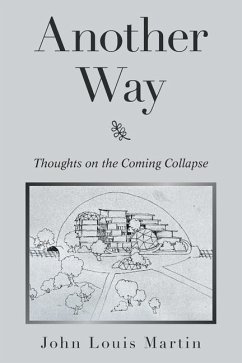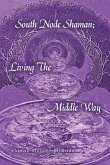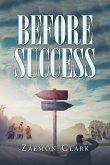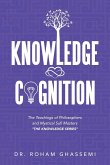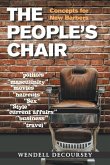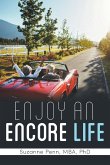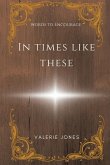Modern industrial society finds itself in a double bind. Multiple environmental issues are reaching a critical stage, while at the same time our democratic institutions are losing the support of the people. Calls for radical change fall on deaf ears. They ring hollow. Ending the use of fossil fuels without an alternative in place sounds like and is in fact a death sentence. In this book John Martin presents Another Way to understand the crisis we will all have to deal with going forward. Pulling from the insights of numerous writers of the 20th century, along with those from ancient traditions, John calls for a return to traditional values of stewardship towards the Earth. For people to wake up from the seductive world of endless growth and again find our place in the universe that 13.8 billion years of evolution has created. The book contains workable policies that could start the long journey to bringing our communities back from the brink and on a path towards sustainability.
Hinweis: Dieser Artikel kann nur an eine deutsche Lieferadresse ausgeliefert werden.
Hinweis: Dieser Artikel kann nur an eine deutsche Lieferadresse ausgeliefert werden.

